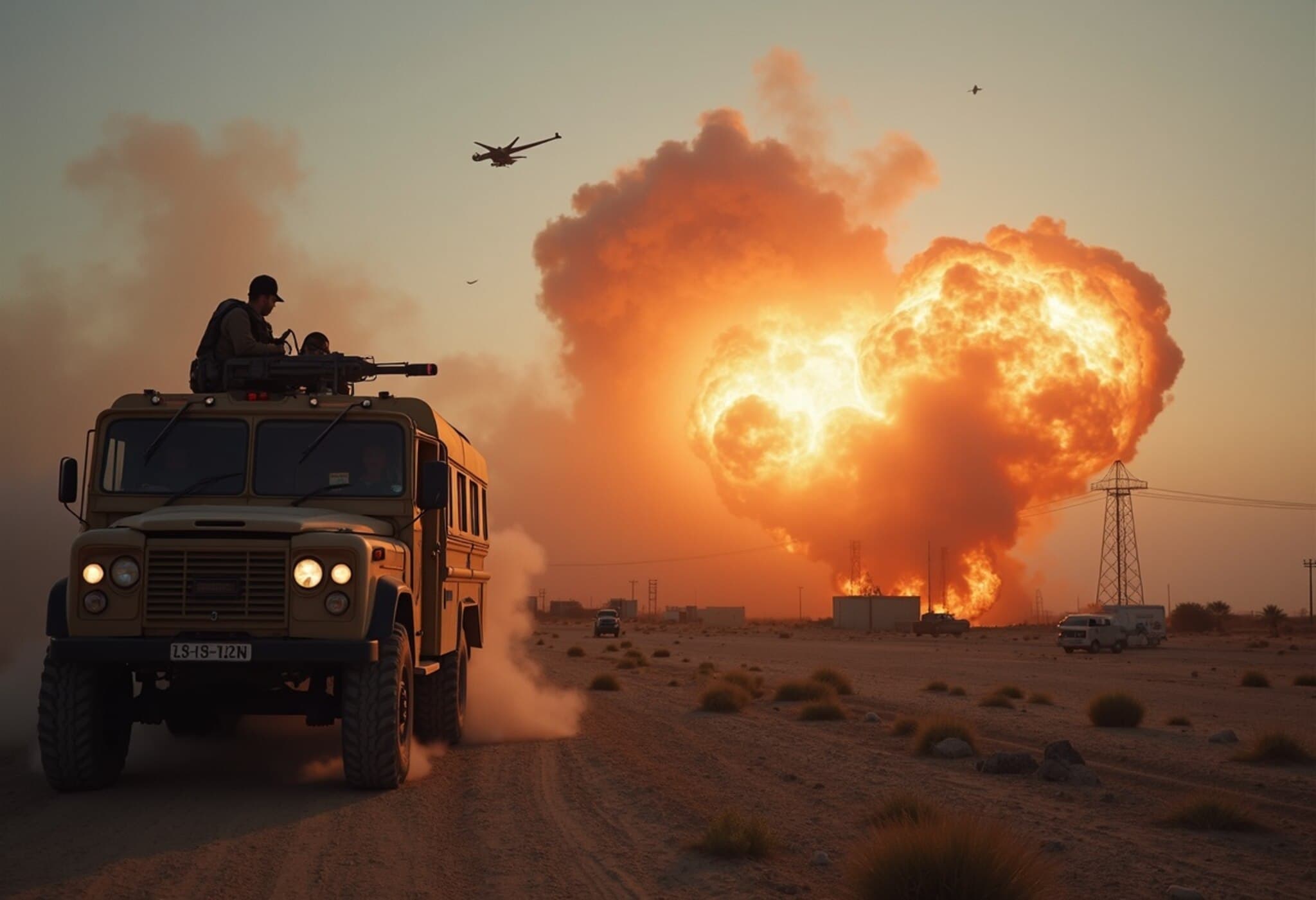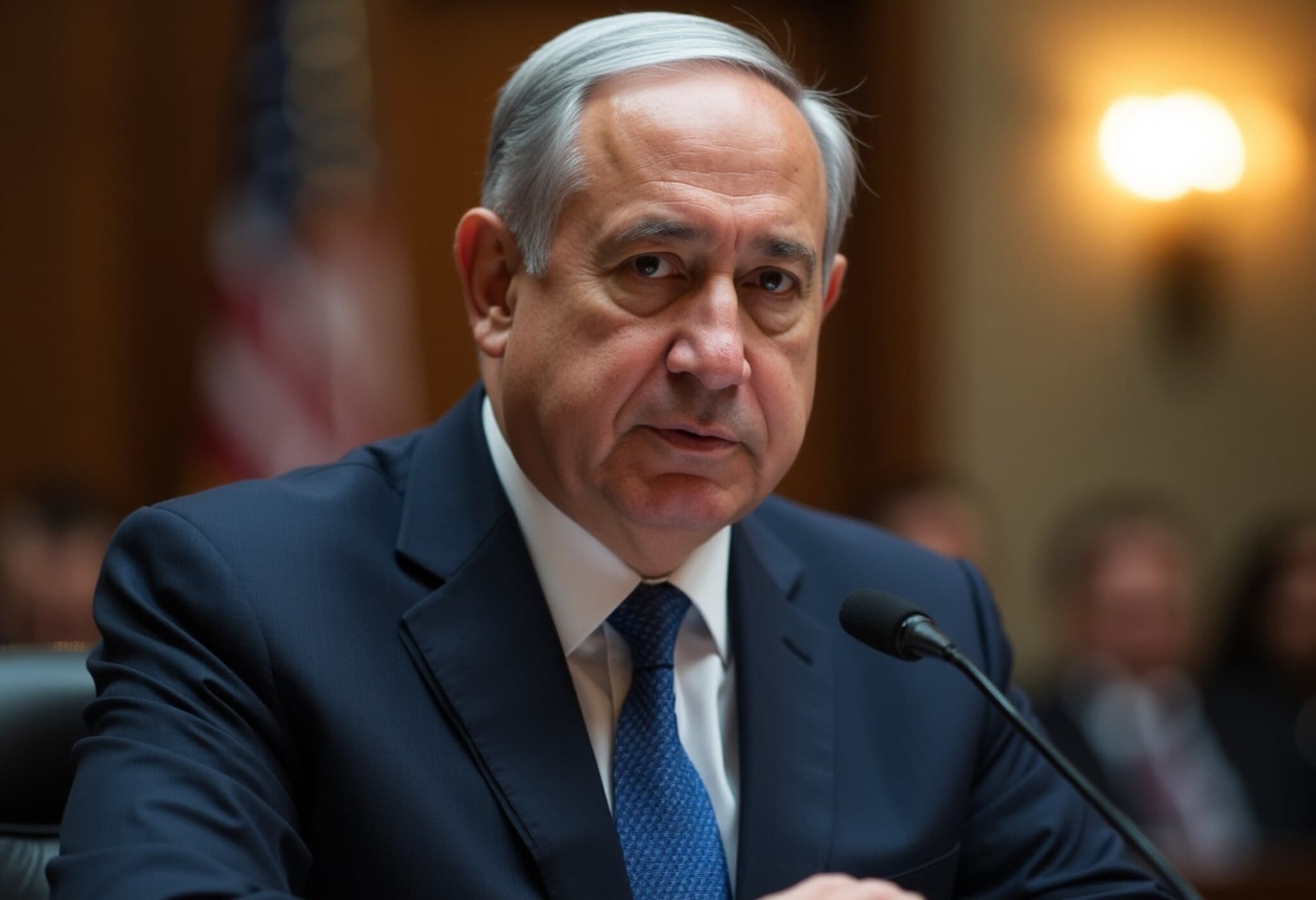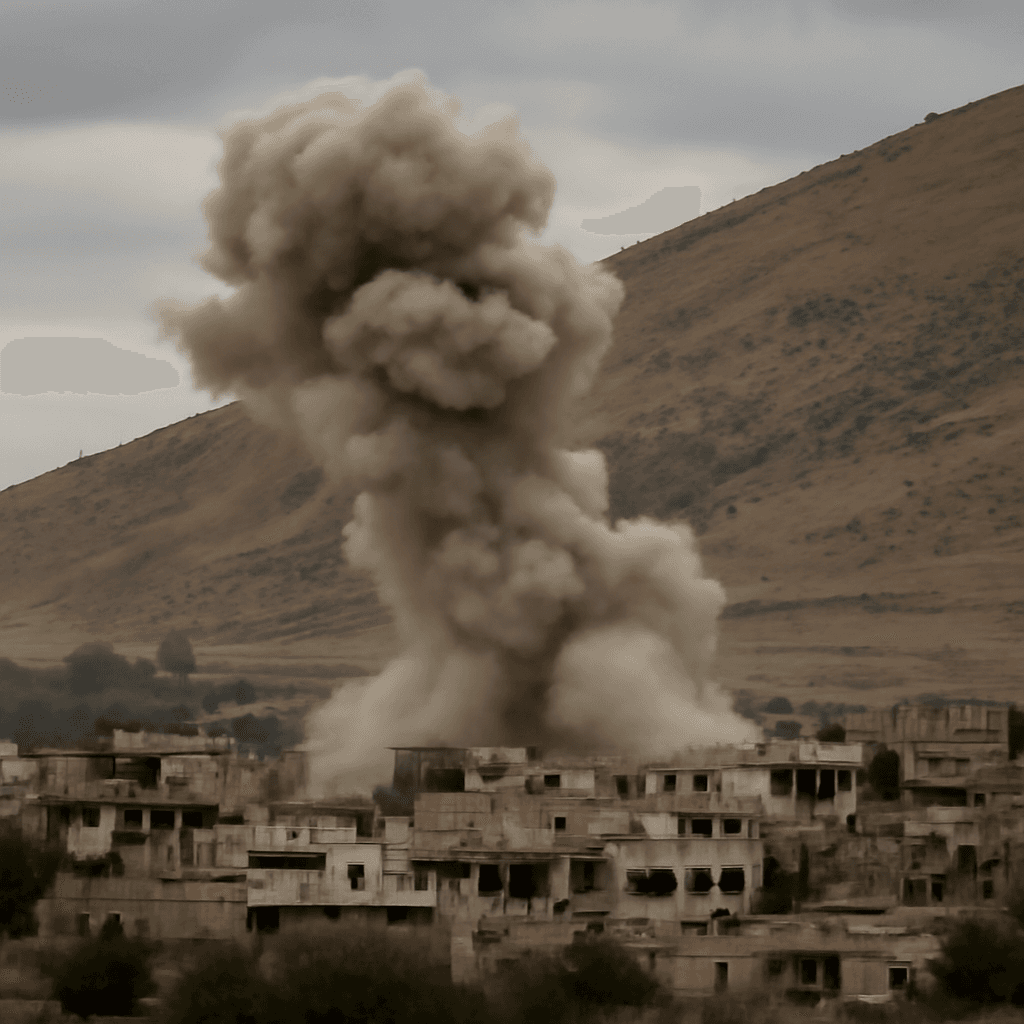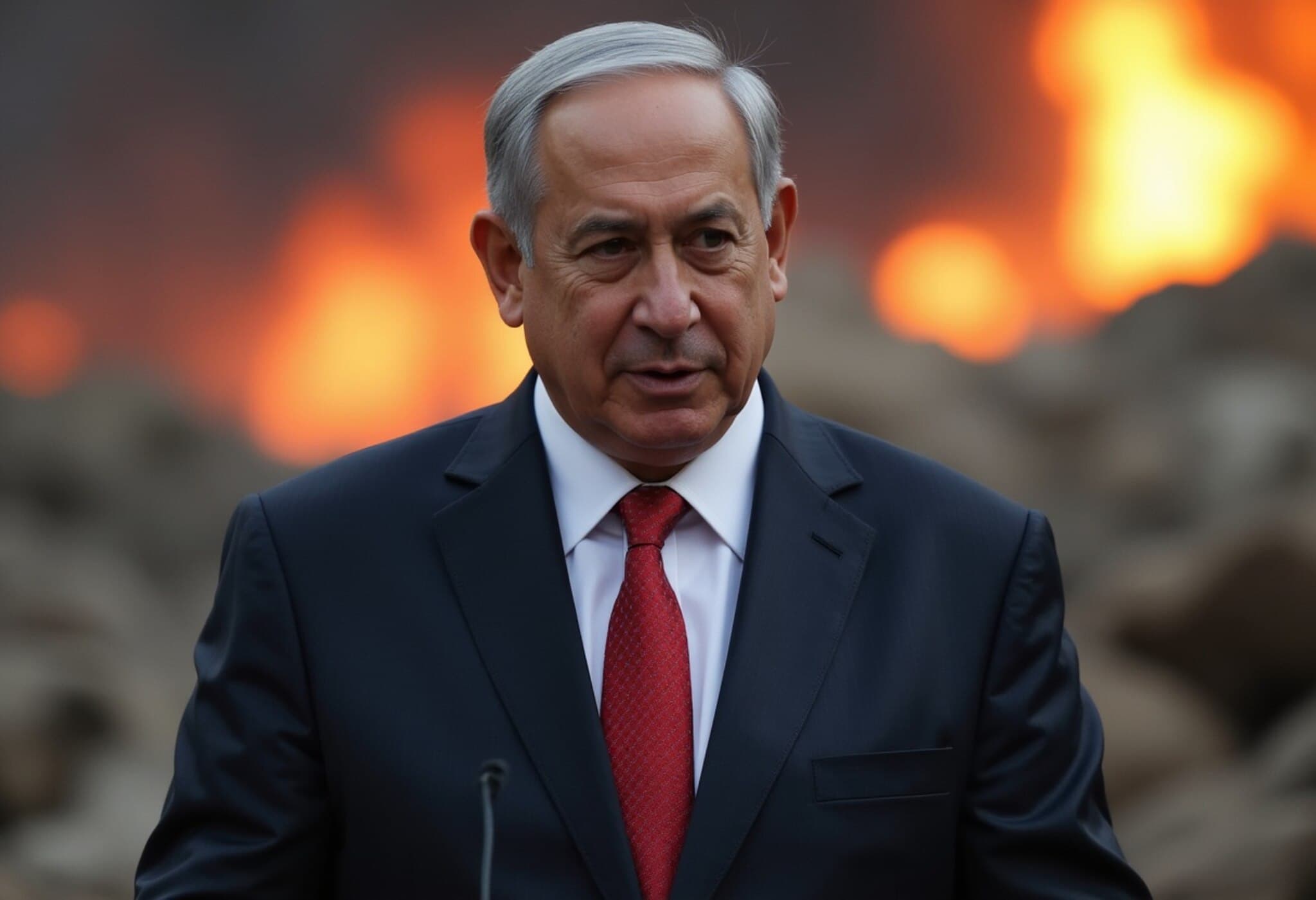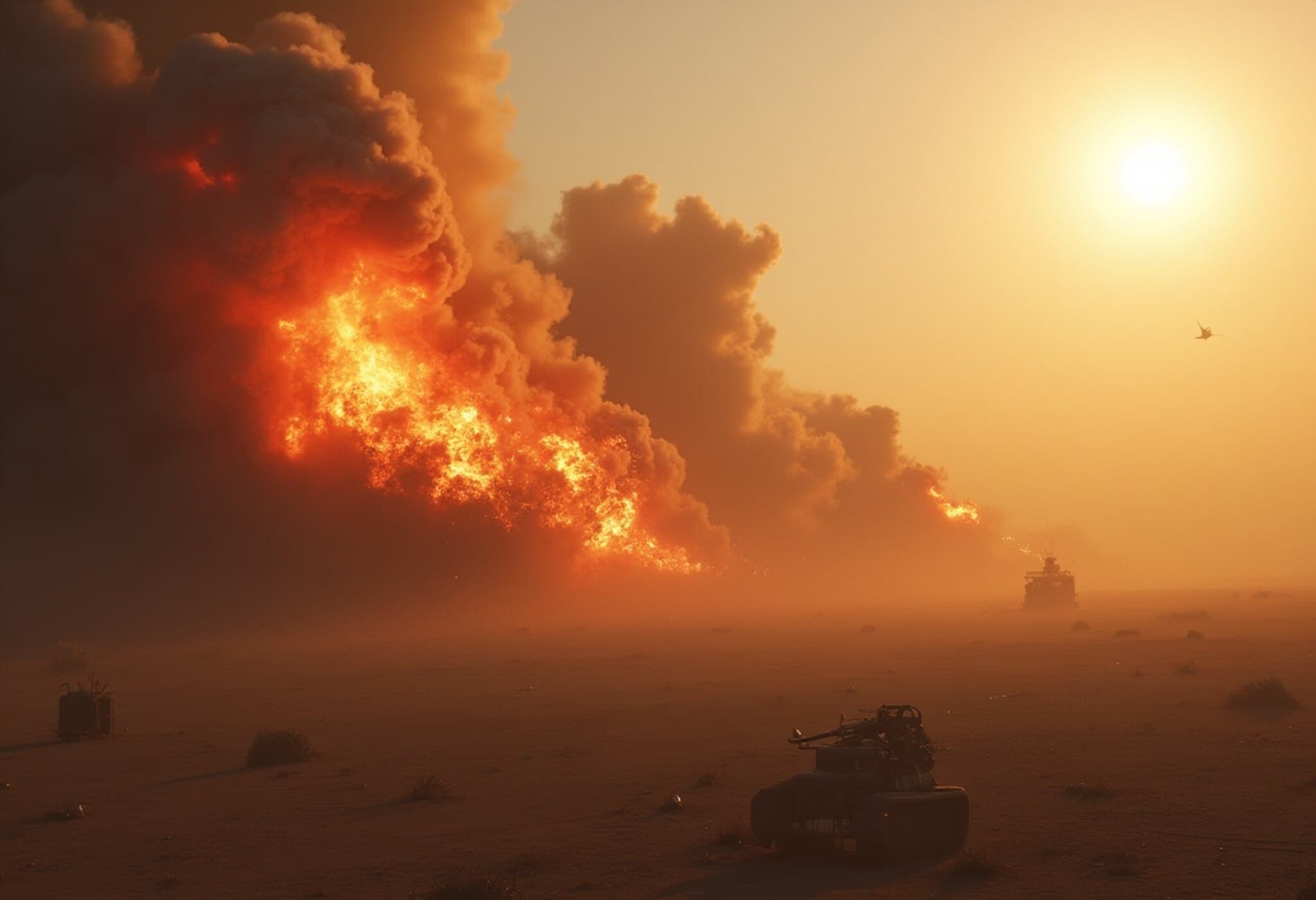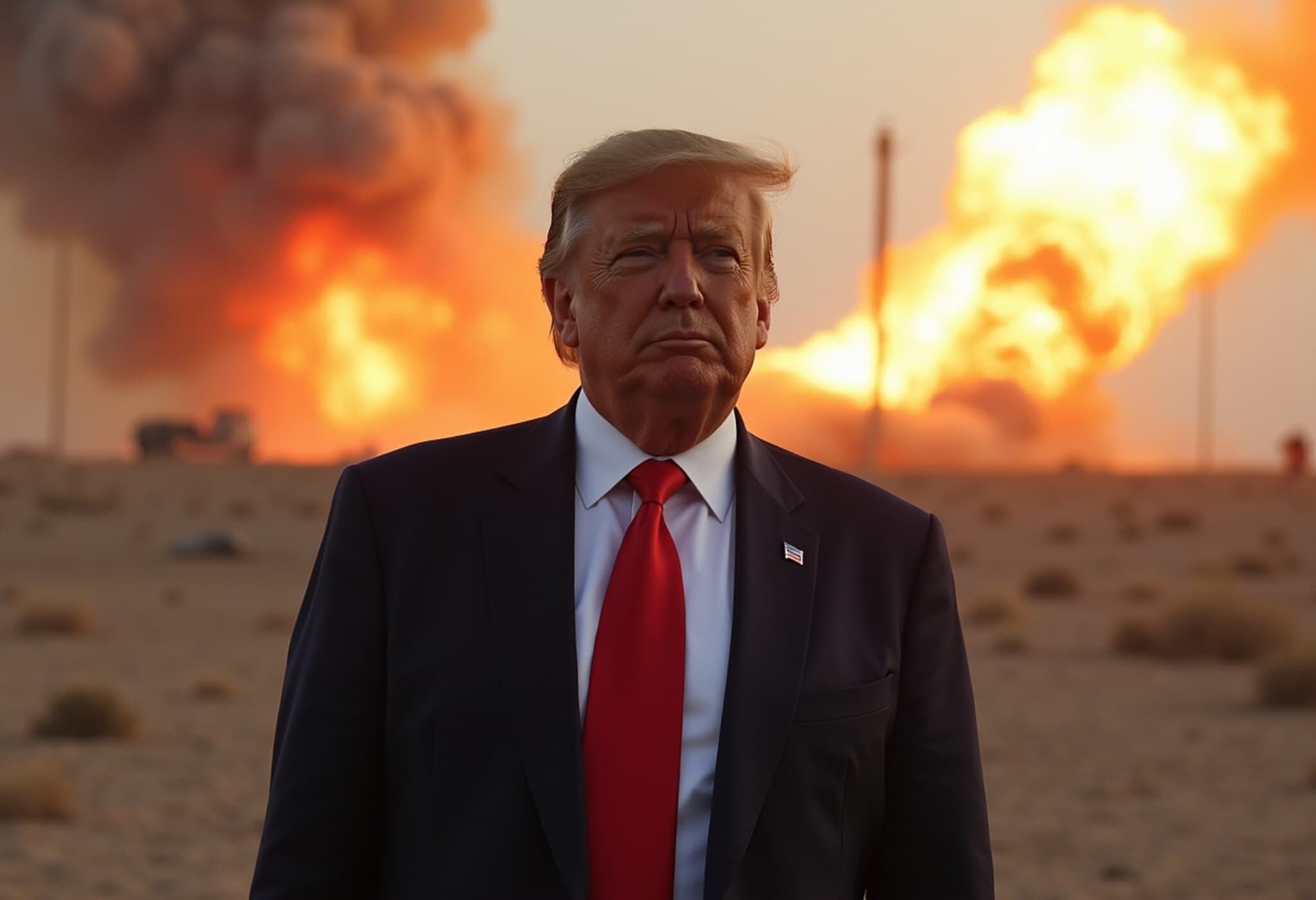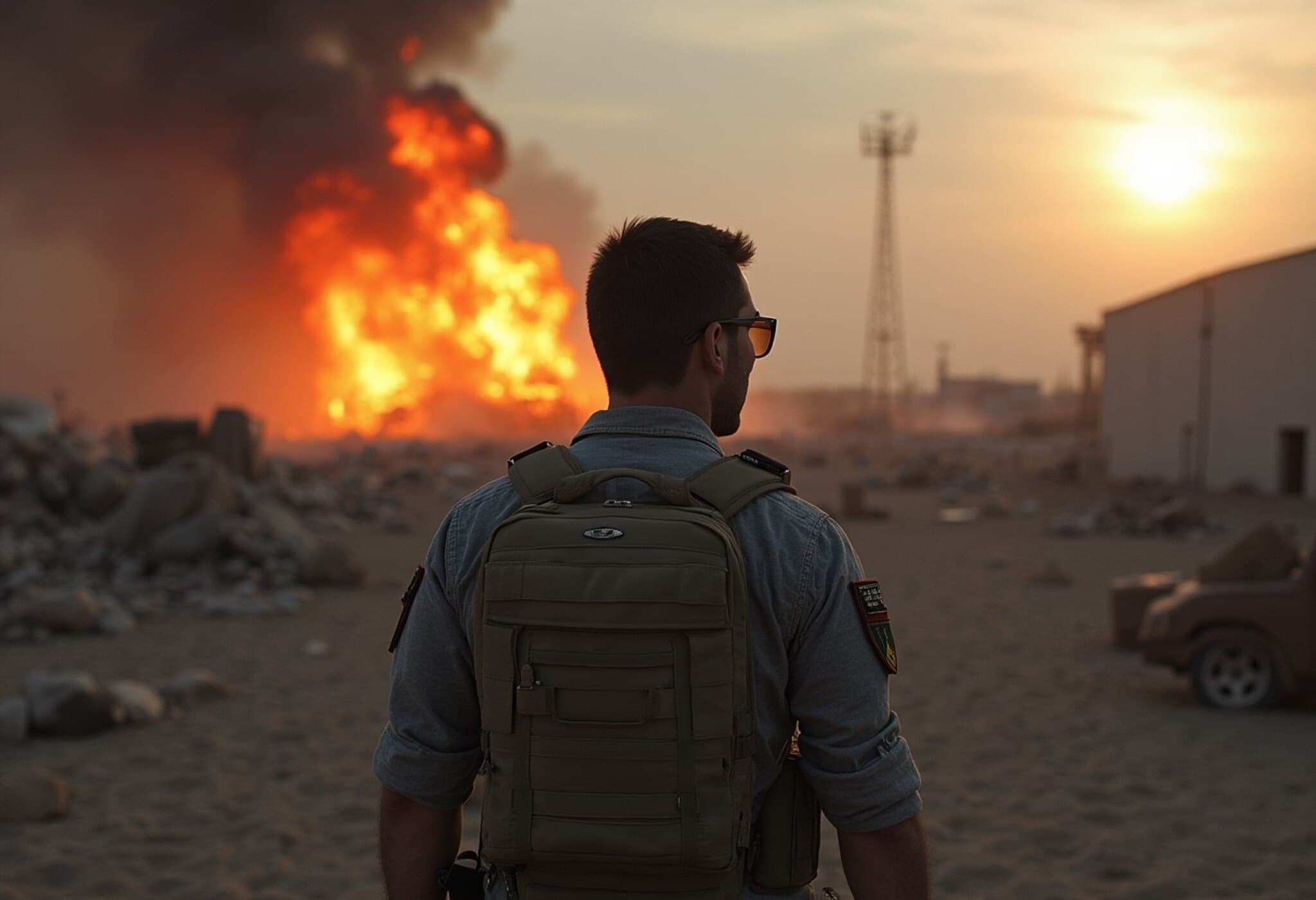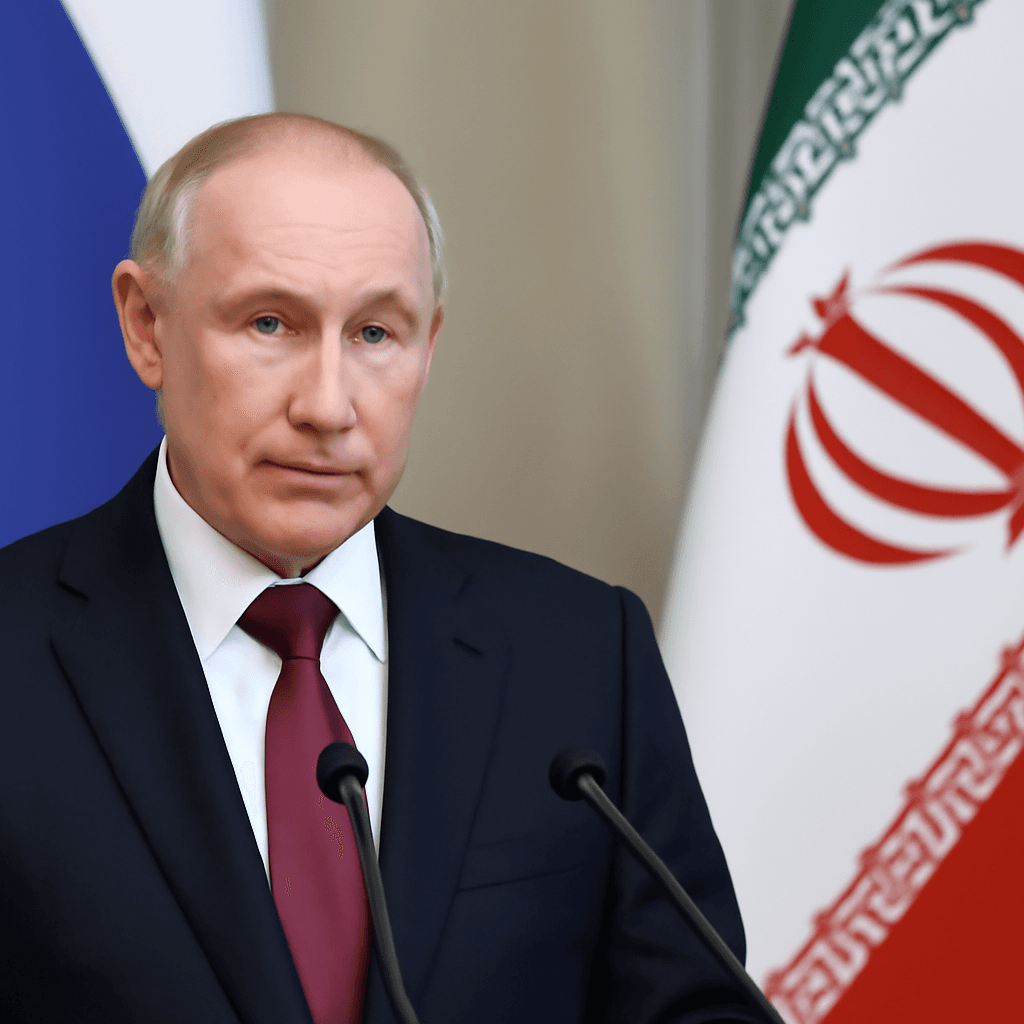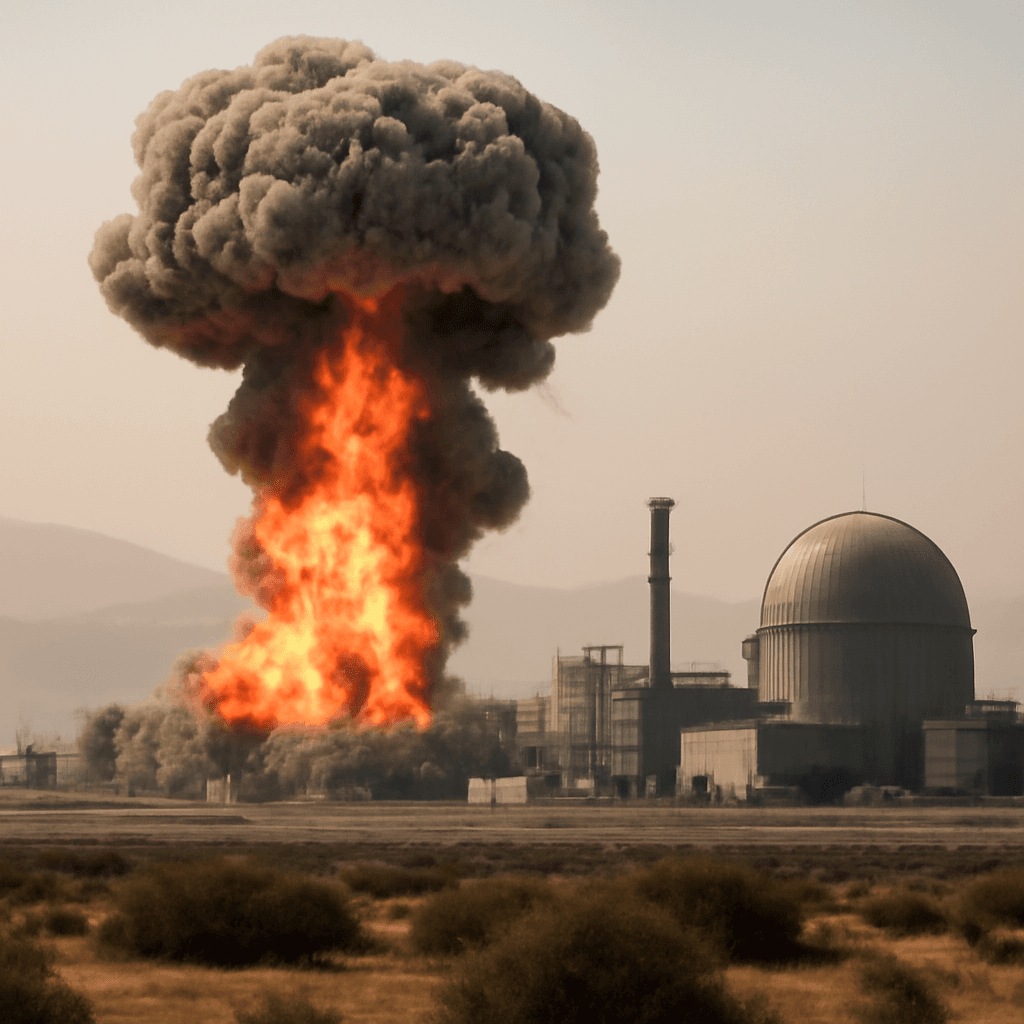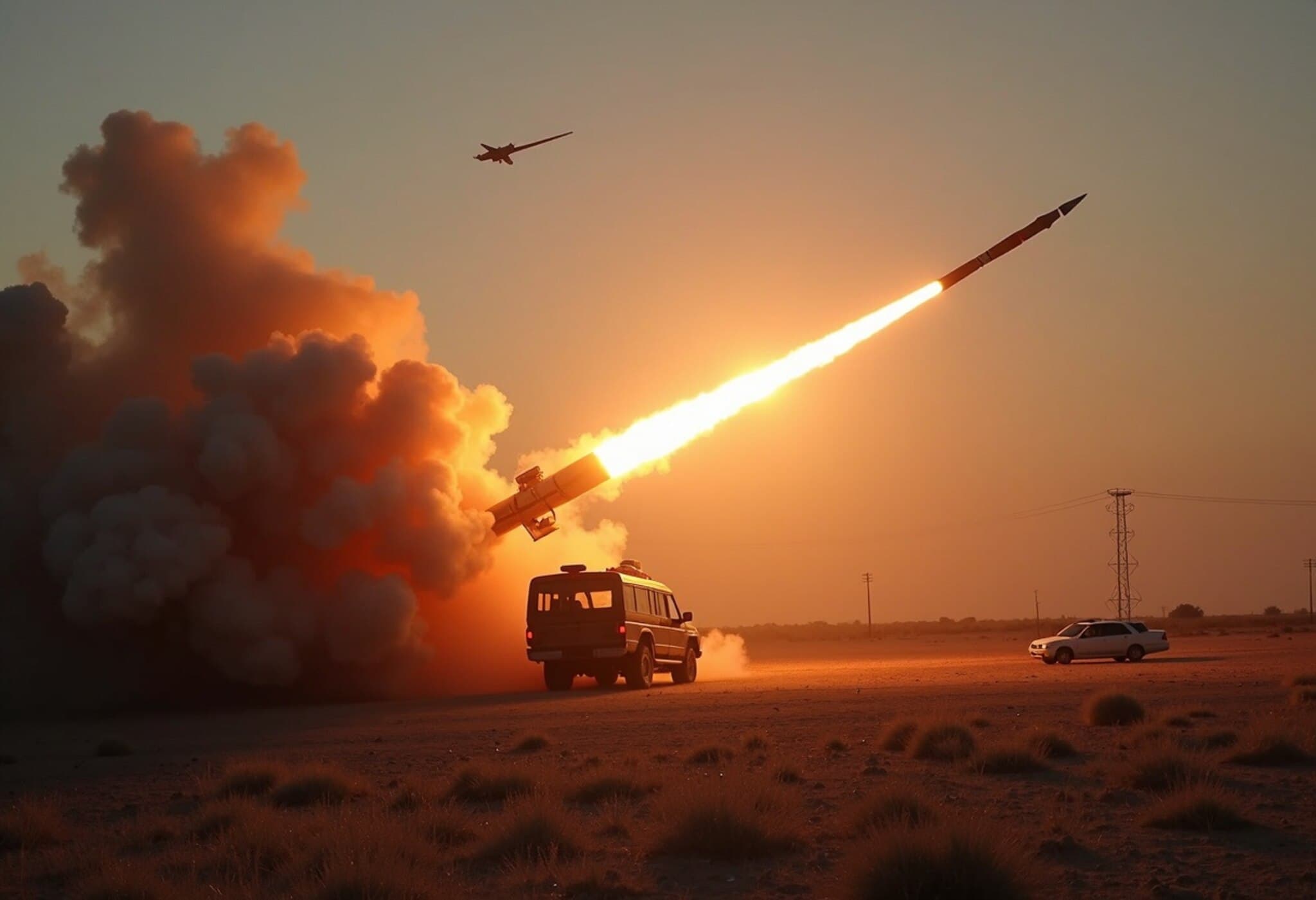Operation Rising Lion: Beyond Nuclear Disruption
Israel’s recent surprise strike against Iran went far beyond merely targeting nuclear facilities. Early Friday, the offensive hit not only missile factories and enrichment sites but also key military leaders and nuclear scientists. This approach appears designed to impair Iran’s credibility both domestically and among regional allies, potentially destabilizing the country’s ruling regime.
Hints at a Larger Ambition
While the immediate goal seems clear—to delay Tehran’s nuclear ambitions—the scale and precision of the attacks, alongside statements from Israeli officials, suggest a broader objective: regime change in Iran.
By targeting senior commanders and scientific minds integral to Iran’s military and nuclear programs, Israel may be aiming to sow confusion within its security apparatus and shake the foundations of its leadership.
Netanyahu’s Direct Appeal to Iranians
In a video address hours after the strikes began, Israeli Prime Minister Benjamin Netanyahu called on the Iranian people to seek freedom from what he described as nearly 50 years of oppression under the Islamic regime. He emphasized Israel’s desire to neutralize the nuclear and missile threat, but also encouraged Iranians to rise up against their government.
“The regime is weaker than ever,” Netanyahu asserted, urging citizens to let their voices be heard. Nevertheless, decades of entrenched theocratic rule supported by loyal security forces and deep-rooted anti-Israel sentiment among Iran’s majority population complicate prospects for widespread dissent.
Challenges to Driving Regime Change
Experts caution that fomenting opposition within Iran remains uncertain and complex. While Israel’s operation may be the first phase of an extended campaign targeting Iran’s nuclear infrastructure, the question of whether enough public momentum exists to oust Tehran’s leadership is still open.
Some analysts argue that Israel alone lacks the capacity to fully dismantle Iran’s nuclear program without American support, underscoring the limitations of military action in achieving lasting political shifts.
Potential Risks of Leadership Overthrow
Should Israel succeed in destabilizing Iran’s current regime, there is no guarantee that a successor government would be more moderate or less hostile. In fact, it could usher in an even more extreme leadership faction focused on conflict escalation.
History offers cautionary lessons: regime changes in authoritarian states do not always lead to improved stability or peace.
The Road Ahead
Israel’s strategic objective remains to delay Iran’s nuclear capabilities; however, its recent actions suggest a desire to reshape the political landscape in Tehran. Whether this will translate into meaningful change or prolonged instability is yet to be seen.
As tensions simmer, the international community watches closely, aware that any shifts within Iran could ripple across the Middle East’s delicate balance.

